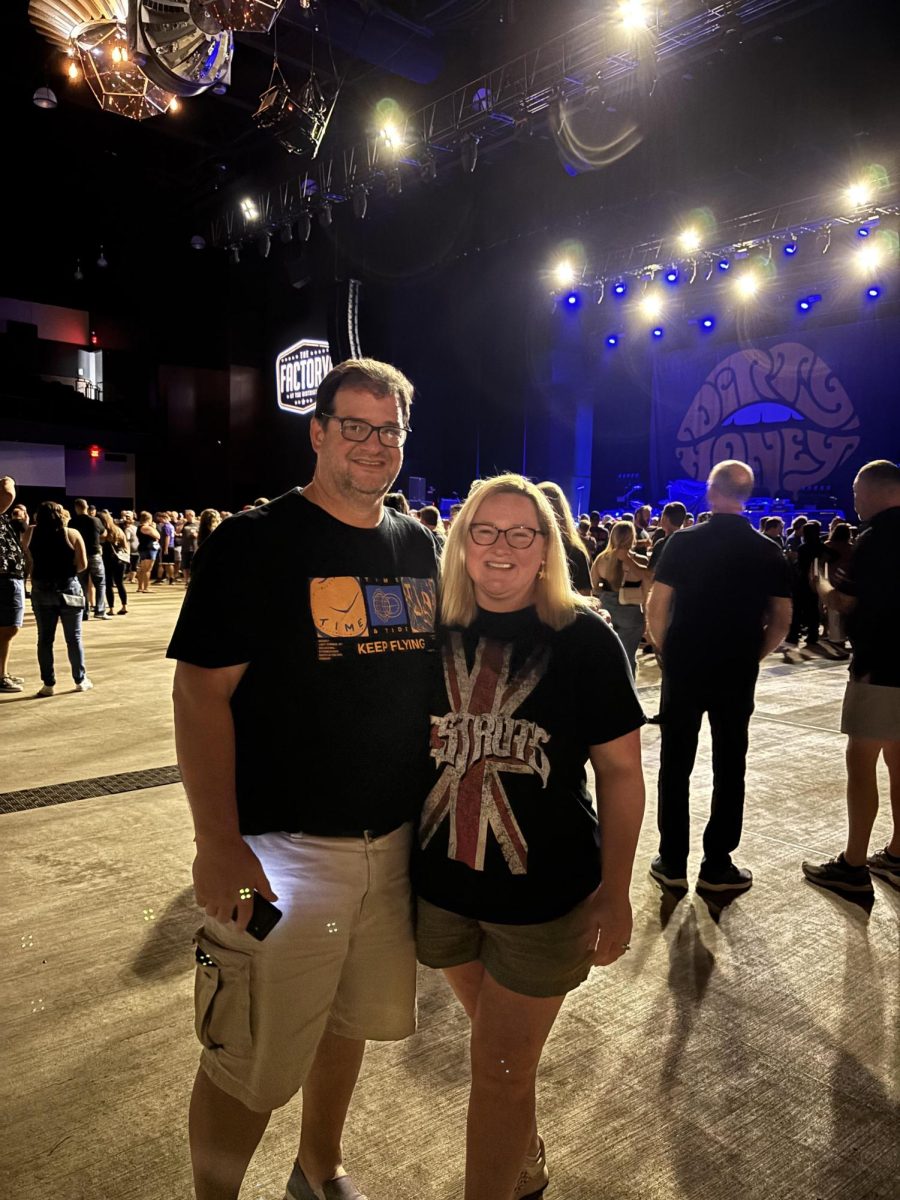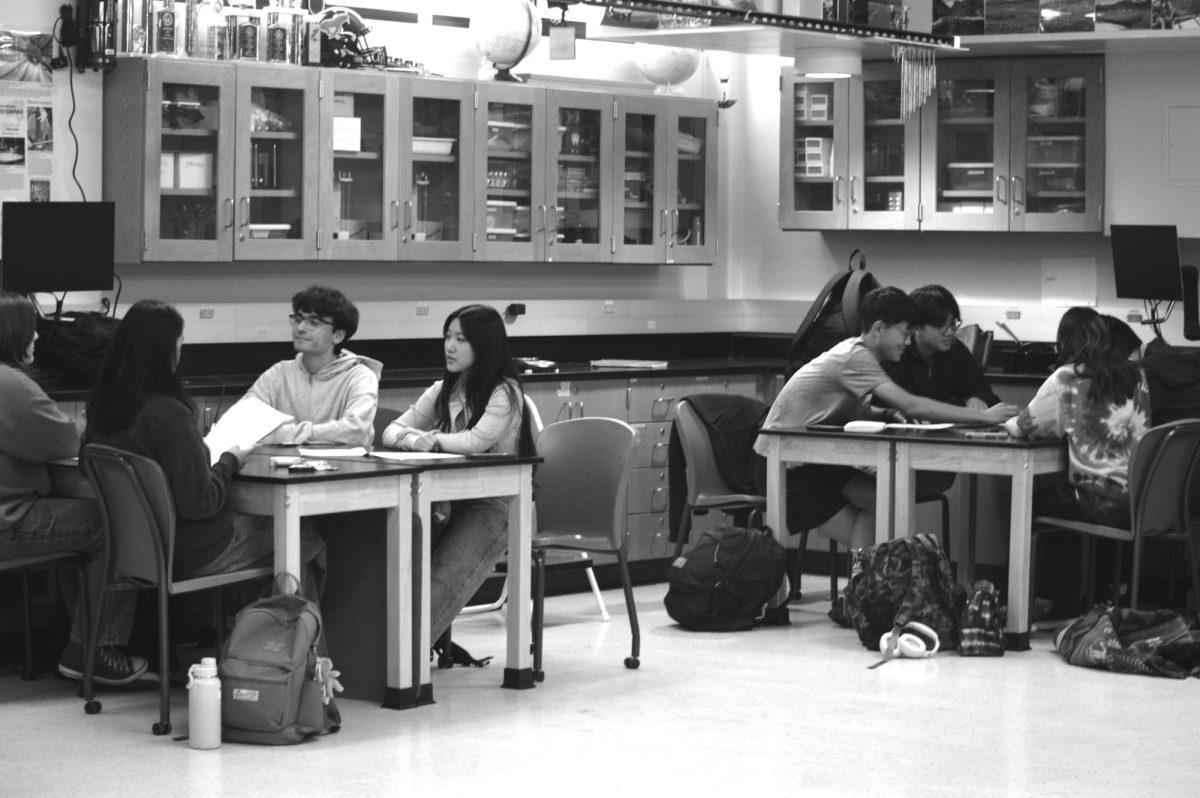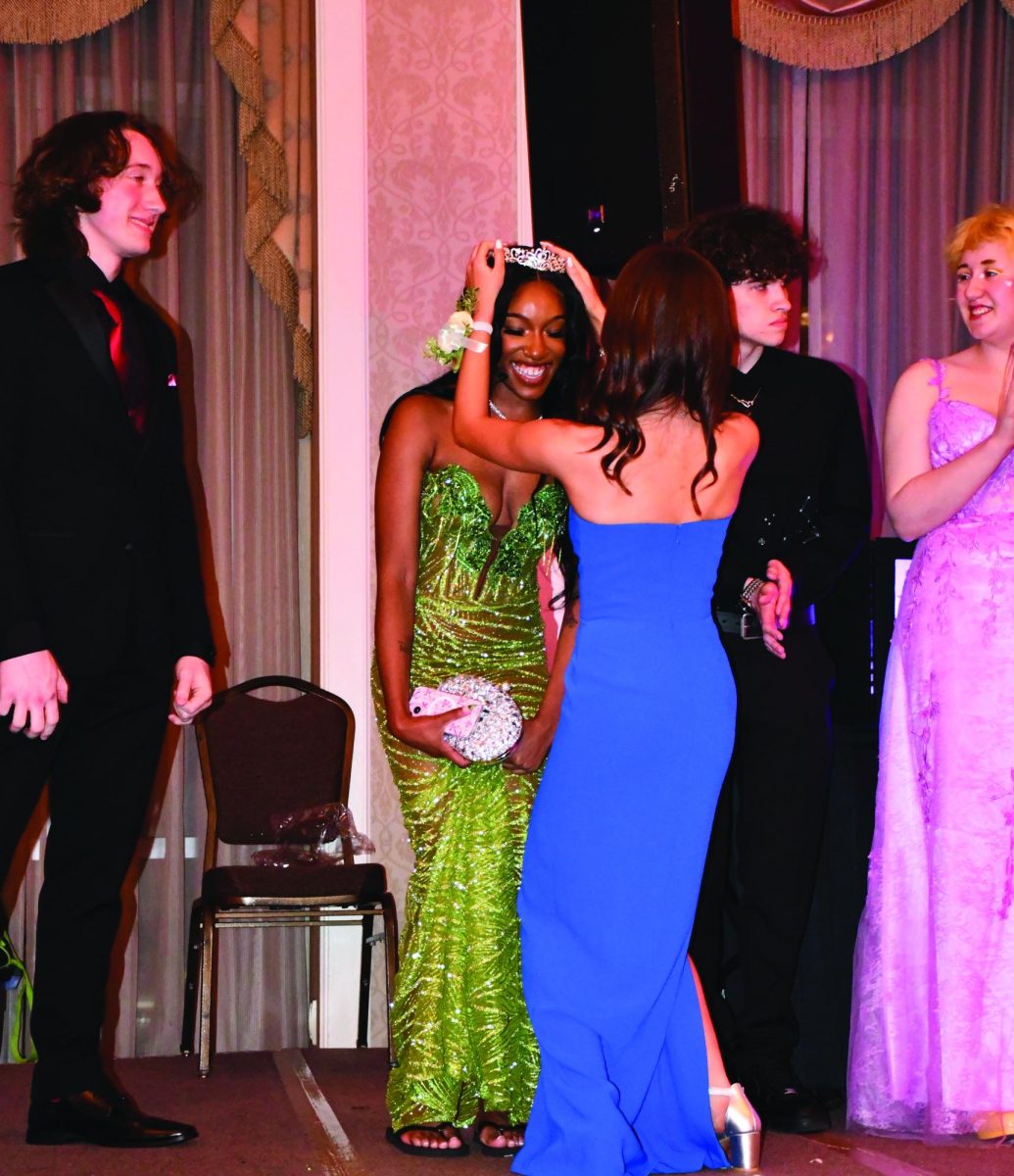Continuing a composting system started in the fall of 2013, Operation 350 is working to keep the system going, despite its possiblity of being cancelled.
“A lot of people from the beginning of the year didn’t know what the compost bins were for, but people also need to put the right things in the bin,” junior Lucas Shanker, Operation 350’s president, said. “If people keep putting the wrong things in the compost bin, we won’t be able to use the service anymore because they’ll have to cancel it if we don’t sort it out on our own.”
The composting system includes yellow bins placed around the commons where students can throw away compostable waste including leftover food, paper products, and lunch trays. Items that can’t be composted include Chick-fil-a bags and any plastic.
“When we first started the composting program our custodians were sorting through the trash to make sure that compostable items got into the compost and non-compostable items went into the trash bins,” junior Anna Zhang, head of communications for Operation 350, said. “We’re trying to make sure students are aware that the custodians have been going through the trash and that isn’t their job, and they stopped doing that so we’re kind of concerned that we’re going to lose the composting privilege.”
According to Shanker, the composting system is like a circle. Waste thrown away goes to a compost plant and is processed, then comes back and is used as fertilization for the school garden. Food is grown in the school garden that has been sold in the cafeteria, used in FACs programs, and over the summer will be given to food banks.
Operation 350 sponsor Beth Karfs said that a recent data collection of how the composting bins are working went better than expected. The items that were put into the compost bin for the most part could be composted, but waste that could be composted or recycled may still be going into the trash.
“Somebody would throw away a paper lunch sack but it would have a plastic bag on the inside,” Karfs said. “It’s maybe not visible from the outside, it’s the kind of thing where people just want to throw away their whole bag when really things need to be separated out.”
Zhang said that one goal of Operation 350 is to make students aware of the effect composting can have. Posters put up recently emphasize the need for students to compost themselves.
“It can make such a big impact environmentally,” Zhang said, “and no one wants to sort through trash.”
While trying to keep the momentum of the composting system going, Operation 350 is also planning for other possible changes next year.
“We are thinking about proposing to the school board about having plastic water bottles taken out of school,” Shanker said.
Plastic water bottles would be removed from the vending machines. Karfs said that the process would involve talking to the school board and the district, similar to what it took to get compostable lunch trays.
“We’re always looking for new members so if people are interested in joining, we do garden stuff over the summer and if we’re going to go after a district initiative it’s going to take a lot of helpers next year,” Karfs said.




